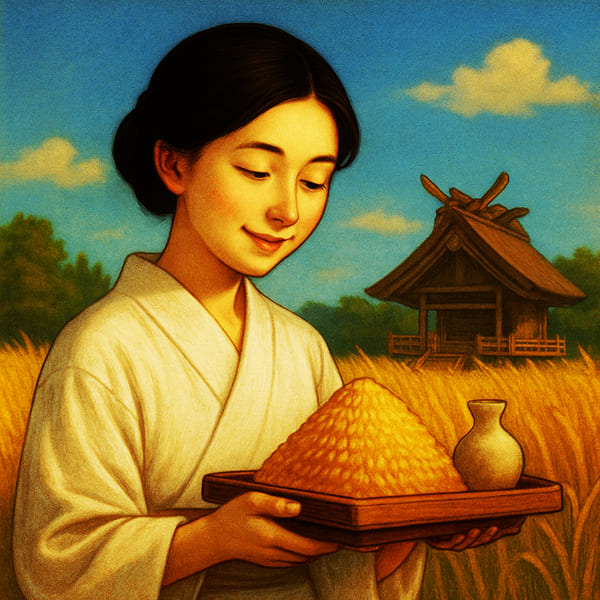Labor Thanksgiving Day in Japan: Honoring Work, Gratitude, and Community on November 23

Contents
Behind every smooth train ride, every fresh vegetable on your plate, and every clean hospital room—there’s a worker whose quiet efforts make life possible.
In Japan, Labor Thanksgiving Day (Kinrō Kansha no Hi, 勤労感謝の日), celebrated annually on November 23, is a national holiday dedicated not to shopping or spectacle, but to heartfelt appreciation for all who work. It’s a moment to pause, reflect, and say “thank you” — whether to a teacher, a bus driver, or a parent preparing breakfast.
Rooted in centuries-old harvest rituals yet fully relevant in the modern world, this understated holiday offers a powerful glimpse into Japan’s cultural emphasis on gratitude, humility, and community harmony.
What Is Labor Thanksgiving Day? A Day to Appreciate All Who Work
Established in 1948 under Japan’s Law on National Holidays, Labor Thanksgiving Day is dedicated to honoring work, or kinrō, and showing thanks to those who support daily life through their jobs. The holiday emphasizes that every role in society — no matter how visible — plays a vital part in keeping the country running smoothly.
Unlike Western-style Labor Days, Japan’s version focuses more on appreciation than protest or activism. It’s a day to reflect on the dignity of work and the quiet efforts made by countless individuals.
Historical Roots: From Niiname-sai to Modern Thanksgiving
Labor Thanksgiving Day has its roots in the ancient Niiname-sai (新嘗祭), a traditional Imperial harvest festival dating back to at least the 7th century. In this Shinto ceremony, the Emperor would offer the first fruits of the rice harvest to the gods and partake of them himself as a gesture of thanks.
This ceremony celebrated nature’s bounty and human labor, themes that remain central today. After World War II, Japan modernized its national holidays, transforming Niiname-sai into a secular celebration of work, accessible to all citizens.
Even now, the Imperial Family quietly observes Niiname-sai in a non-public ceremony, held at the Imperial Palace, each year around November 23.
How Do People Celebrate Labor Thanksgiving Day?
There are no flashy parades or commercial sales, but Labor Thanksgiving Day is widely recognized across Japan. Here’s how it’s typically observed:
- Schools: Children write thank-you letters to community workers or help their parents with household chores.
- Families: Loved ones share words of gratitude, especially for working parents or caregivers.
- Communities: Some local governments or companies host award ceremonies honoring dedicated workers in the region.
It’s a low-key, heartfelt holiday — what some call a “holiday of appreciation.”
Gratitude as a Cultural Value in Japan
At the heart of Labor Thanksgiving Day is a deeply rooted Japanese value: gratitude (kansha, 感謝). Whether toward nature, coworkers, or family, expressing thanks is seen as essential to a harmonious society.
Though tourists may not see decorations or large gatherings, they may notice a subtle, reflective mood on this day — a gentle cultural reminder of how every person’s effort matters.
If you're visiting Japan in November, this holiday offers a chance to better understand Japanese customs and the nation’s quiet respect for work and community.
Why Labor Thanksgiving Day Matters
In an increasingly fast-paced world, taking a moment to thank those who contribute to our lives is more important than ever. Labor Thanksgiving Day serves as a gentle reminder that behind every convenience is someone’s effort, and that gratitude strengthens communities.
By learning about this meaningful holiday, international readers can gain deeper insight into the Japanese way of life — one built on respect, humility, and appreciation.
It’s a lesson in gratitude that transcends borders.